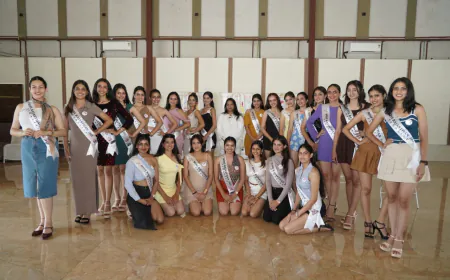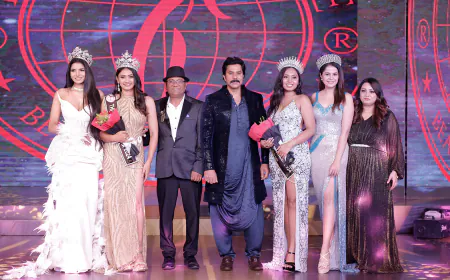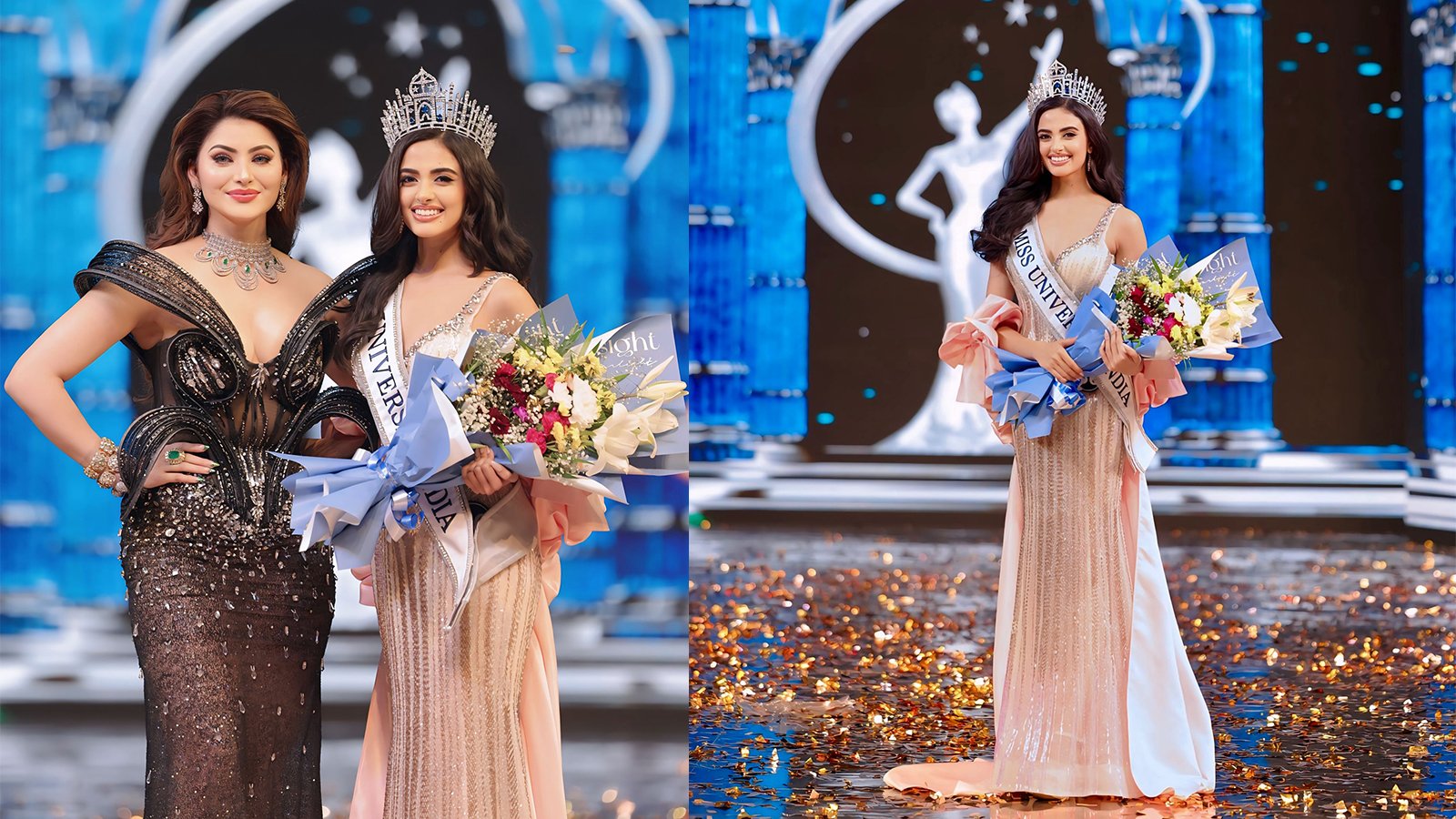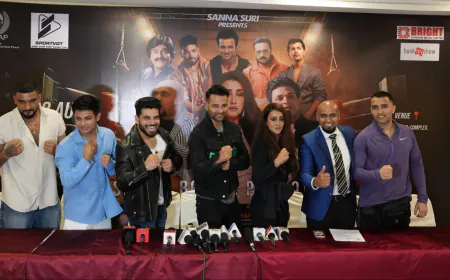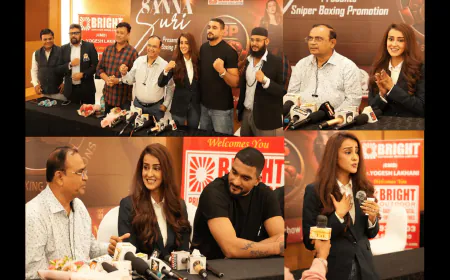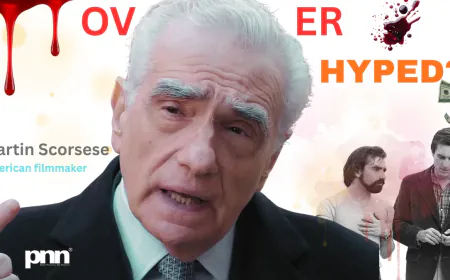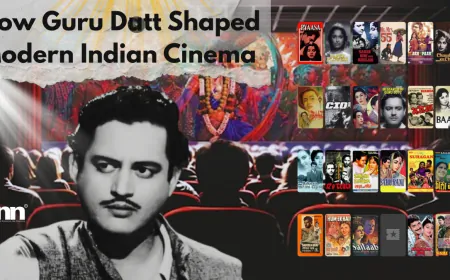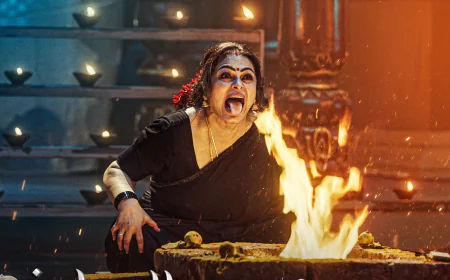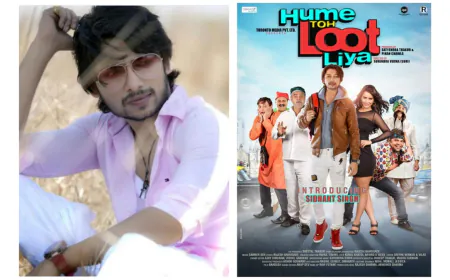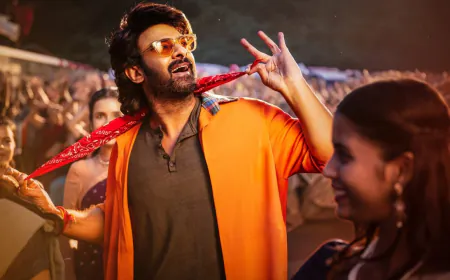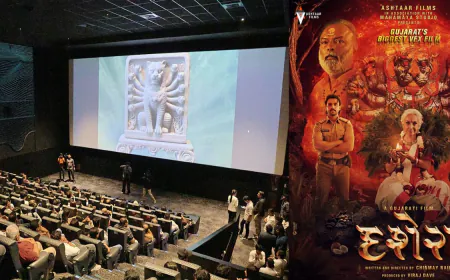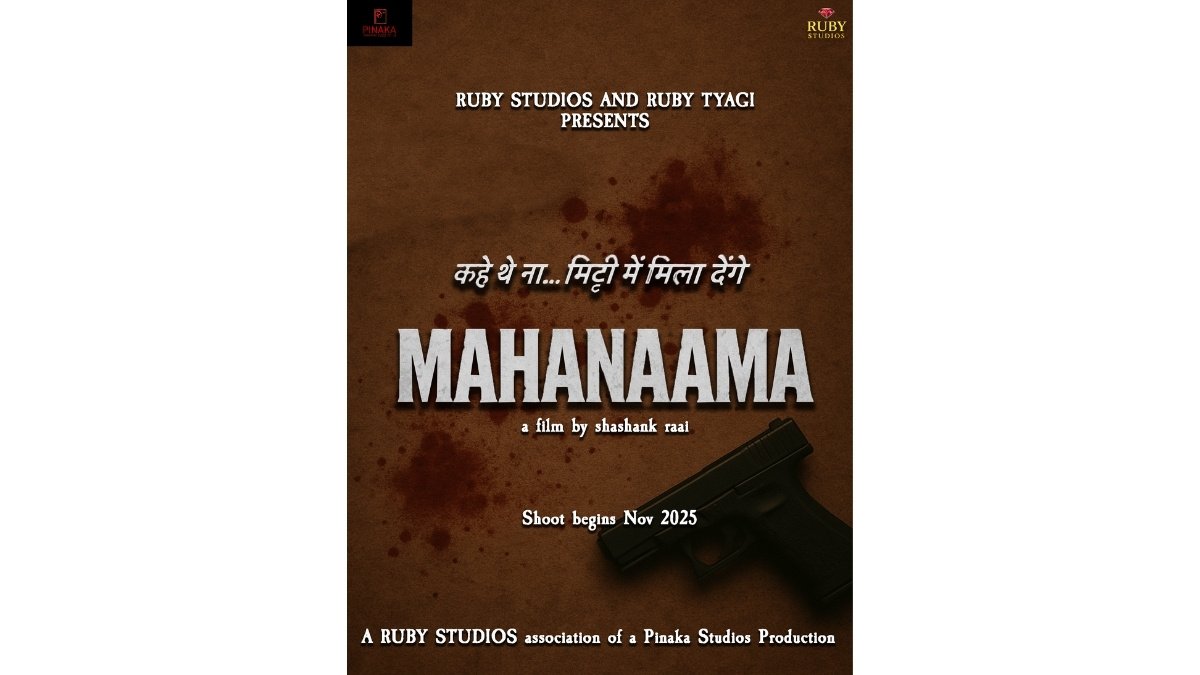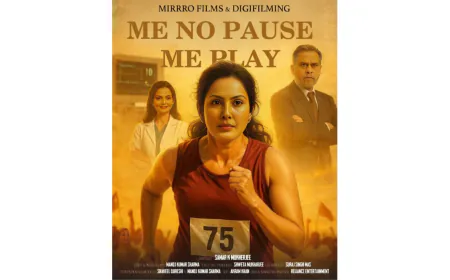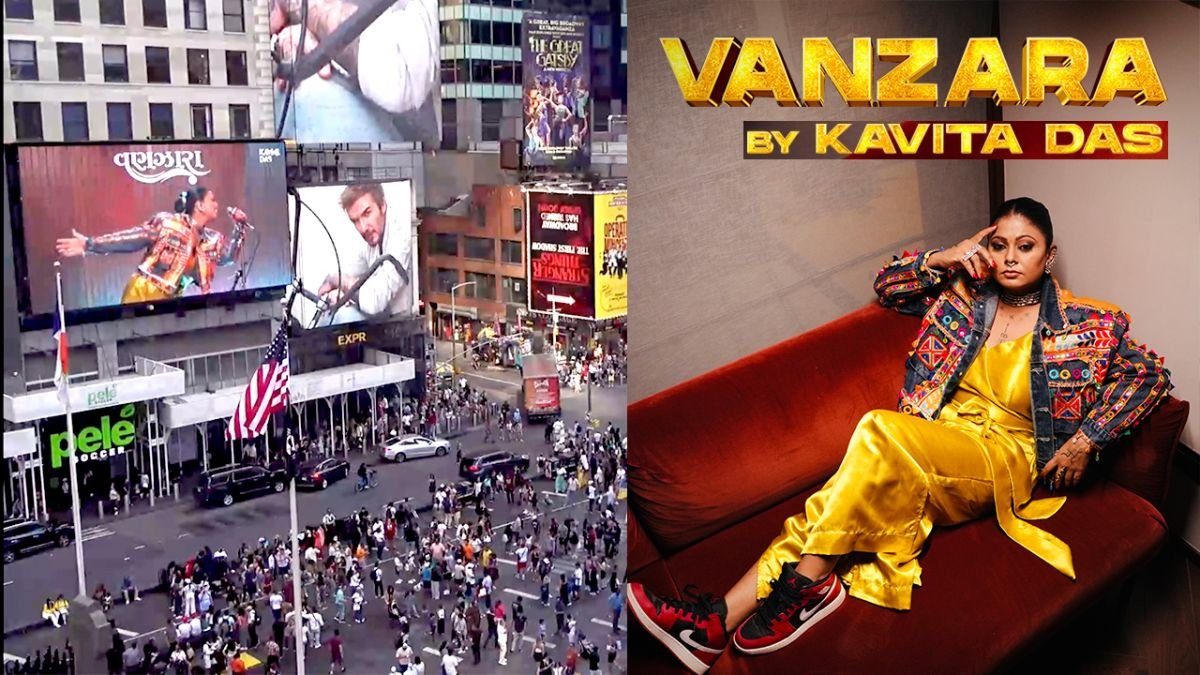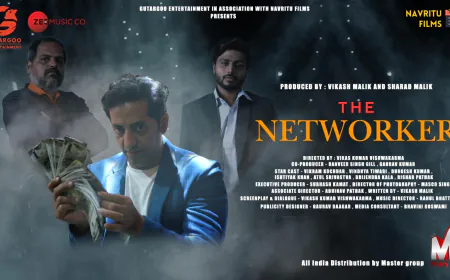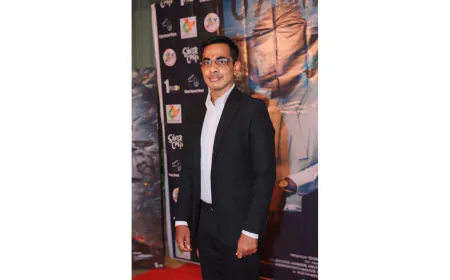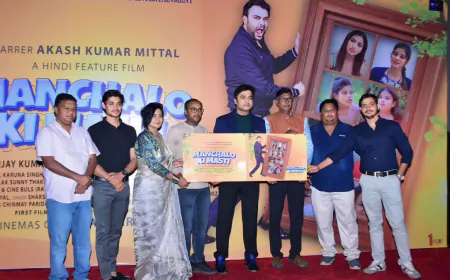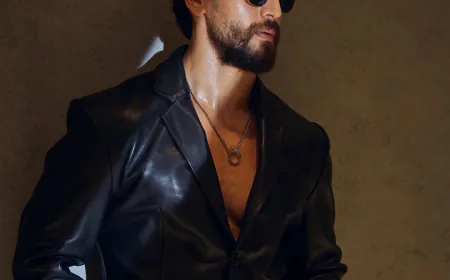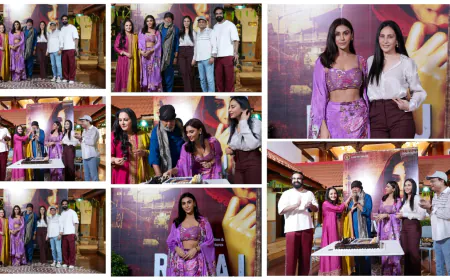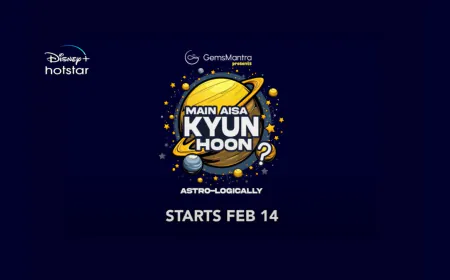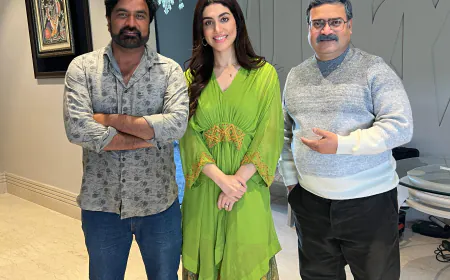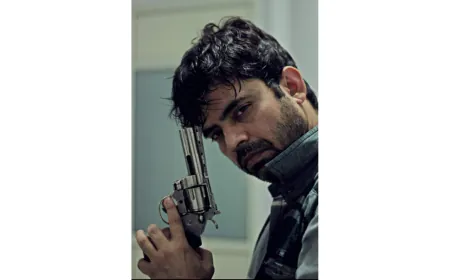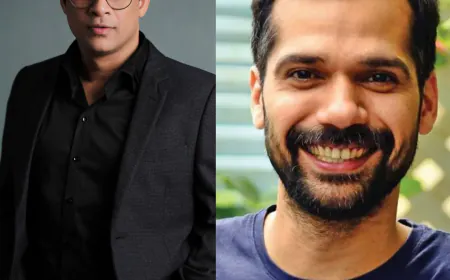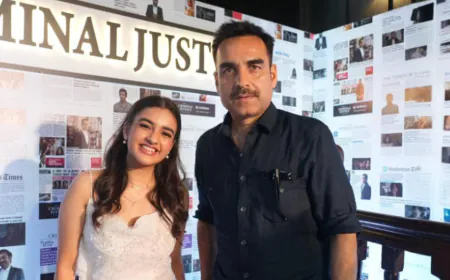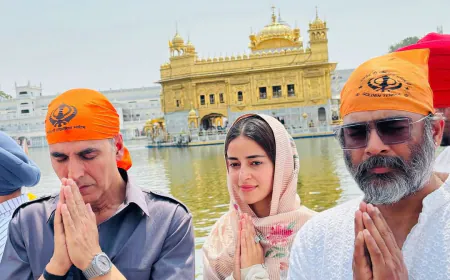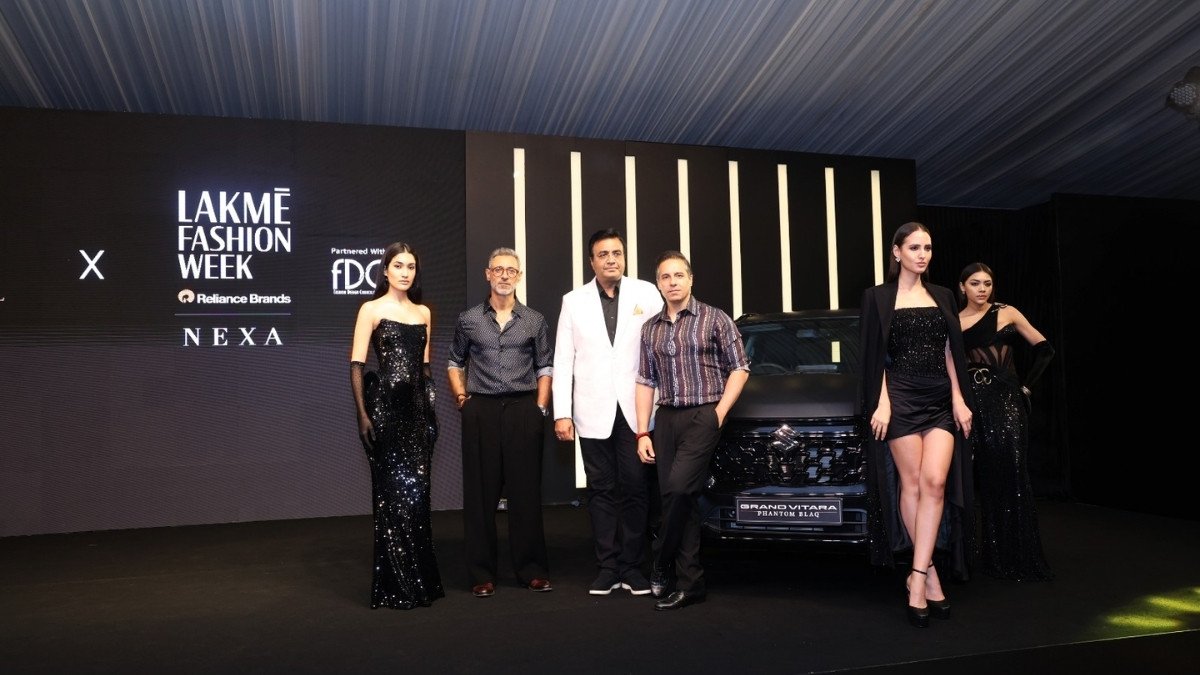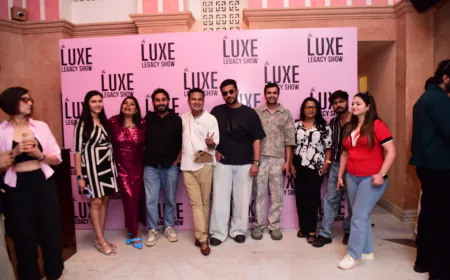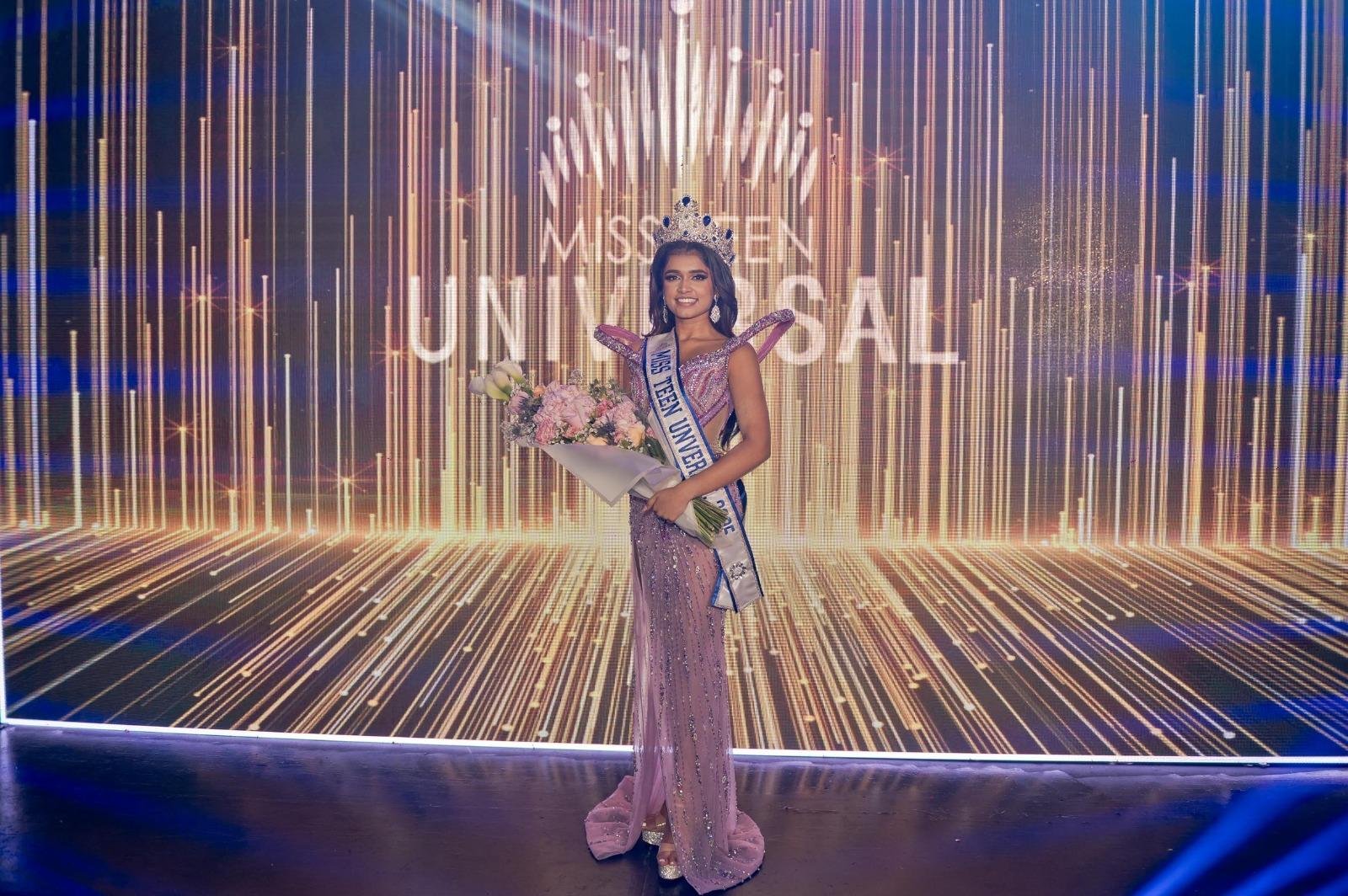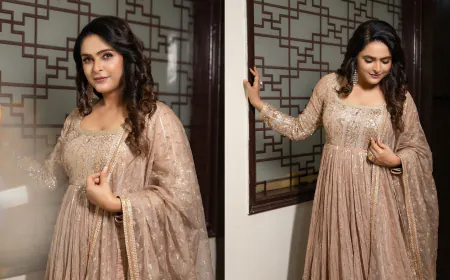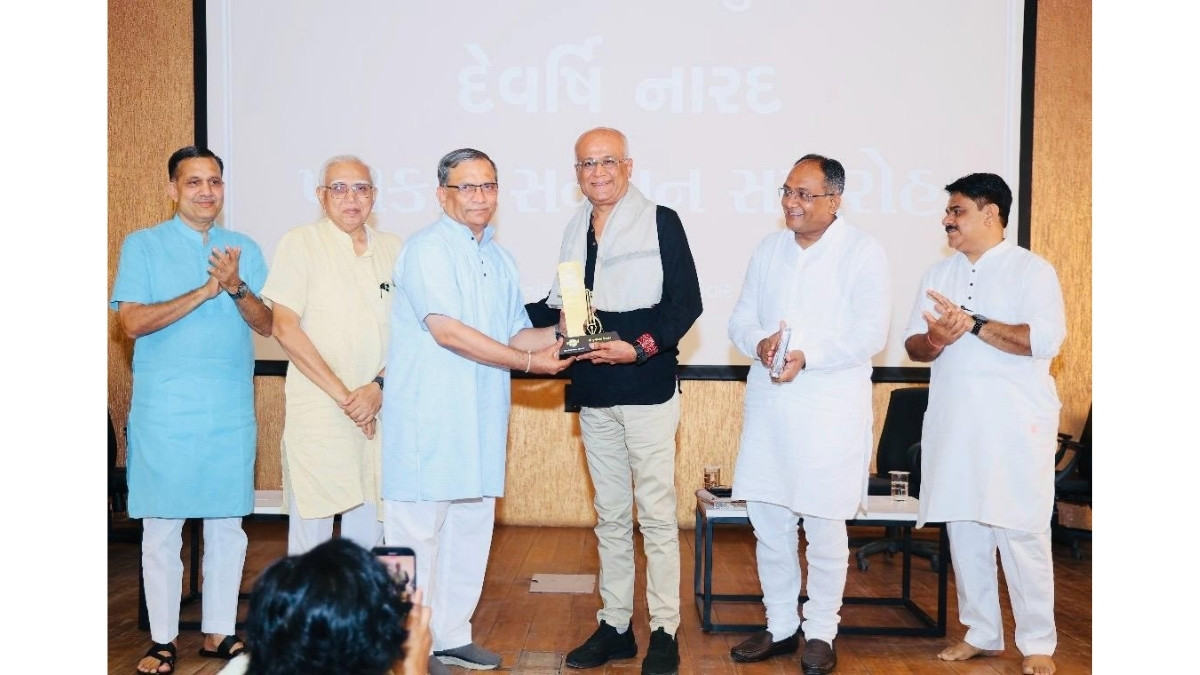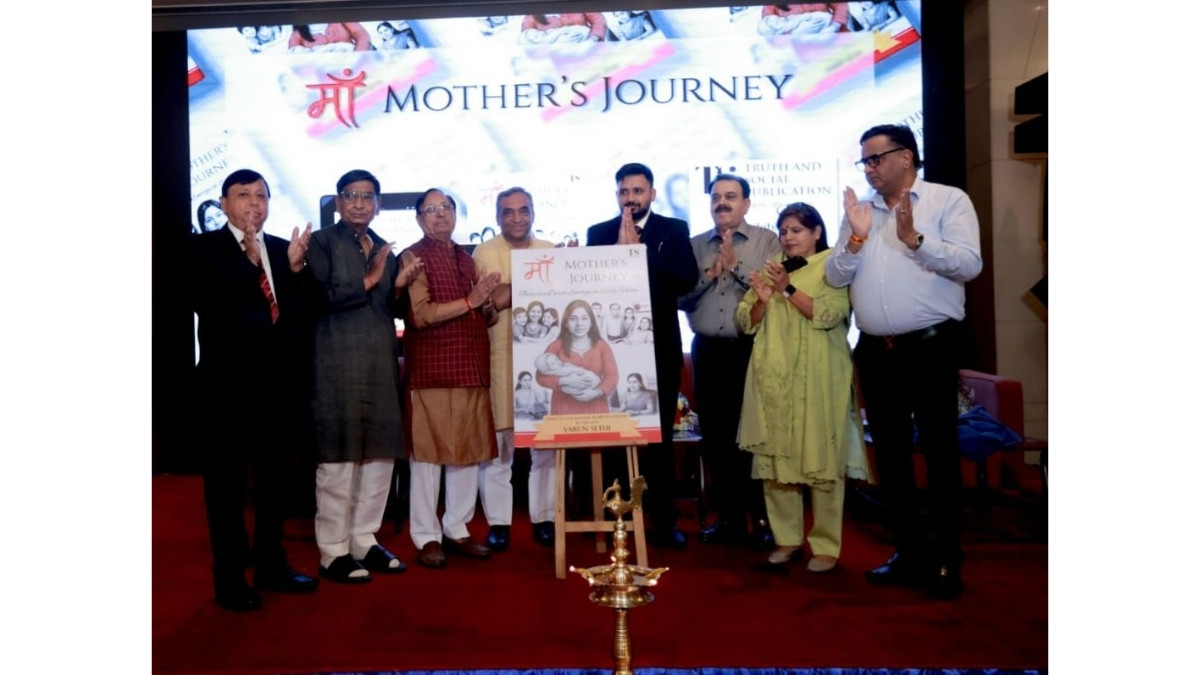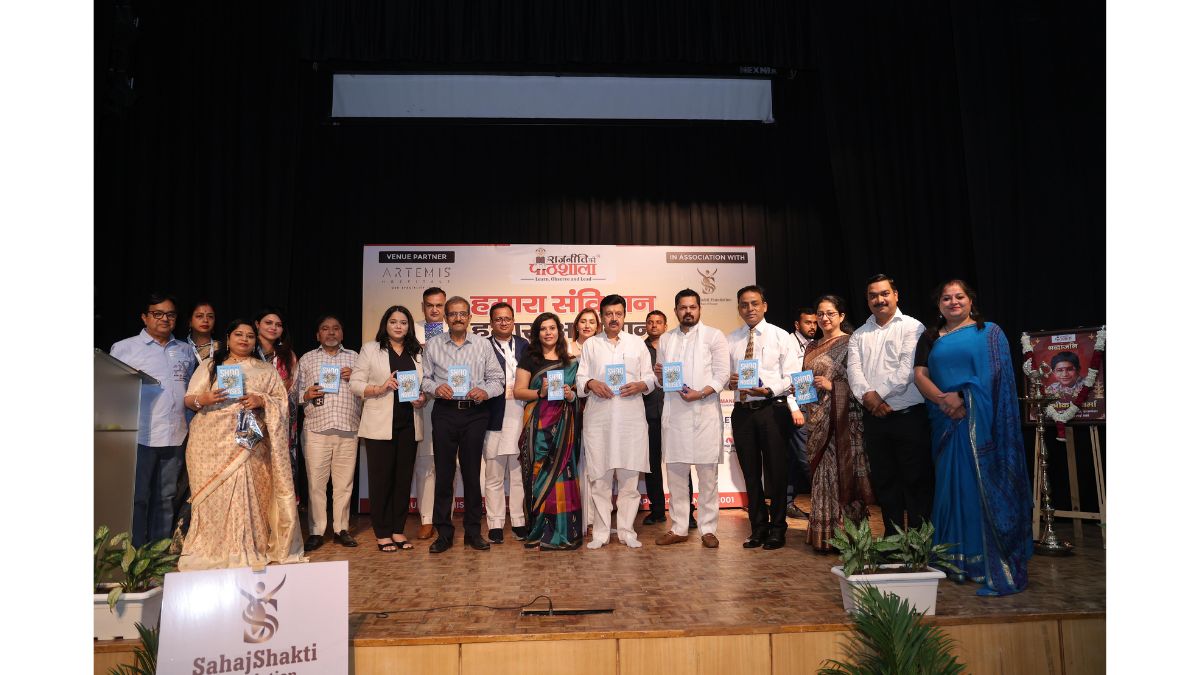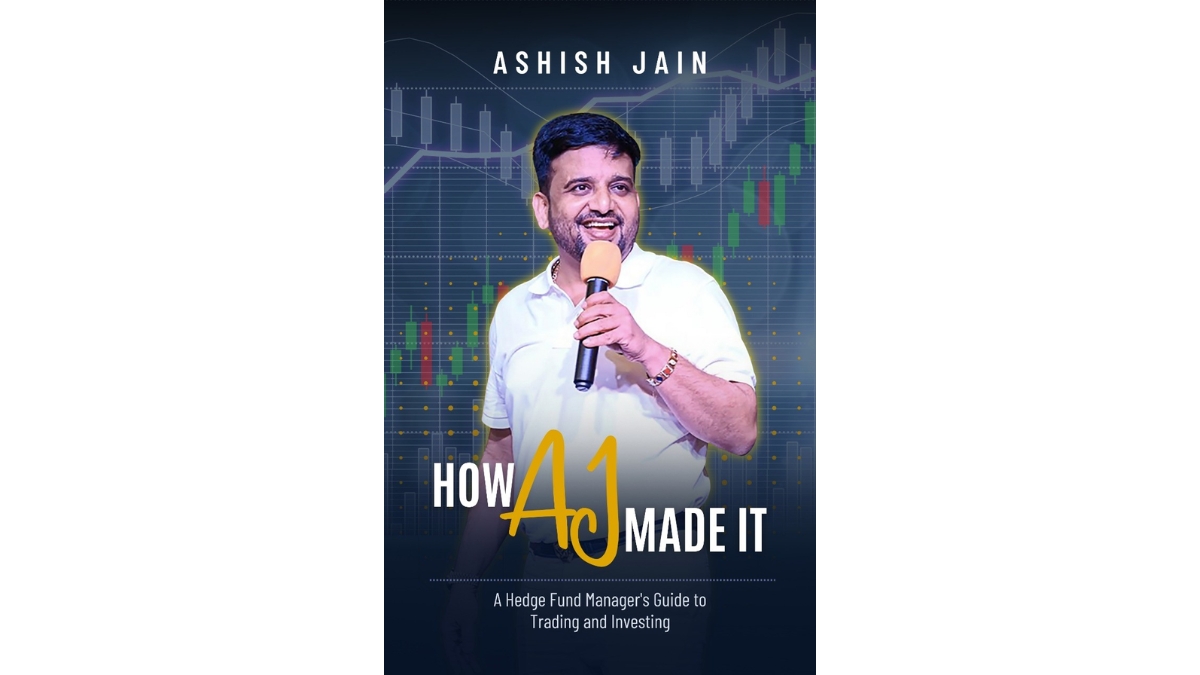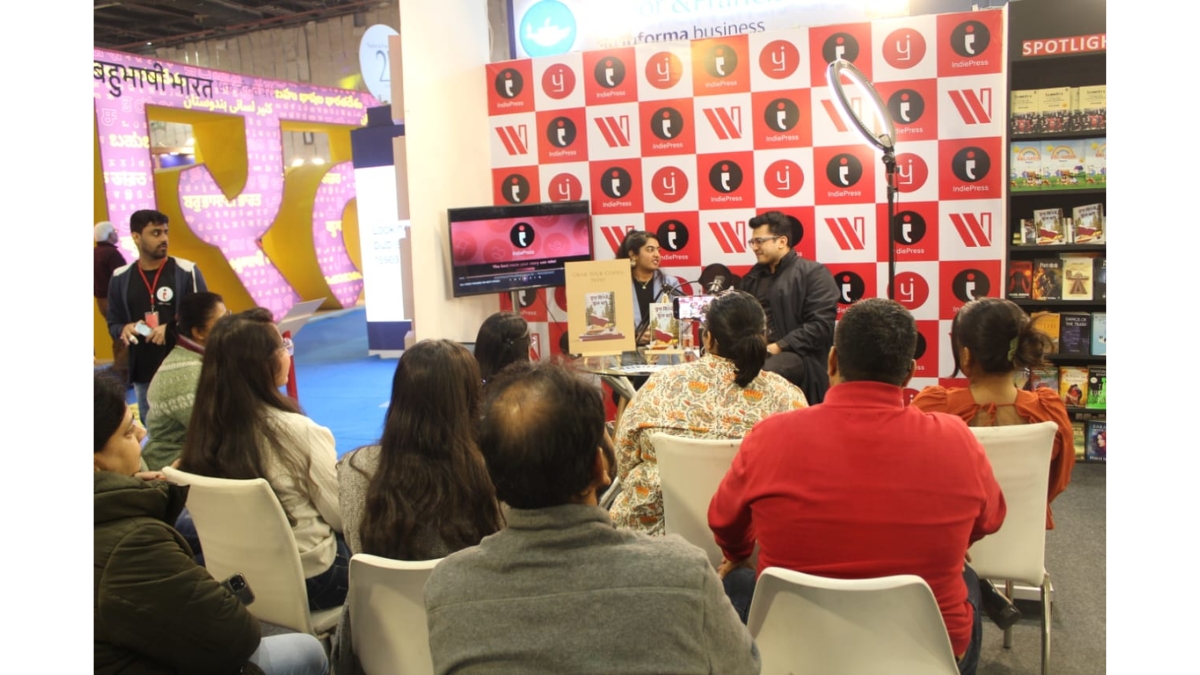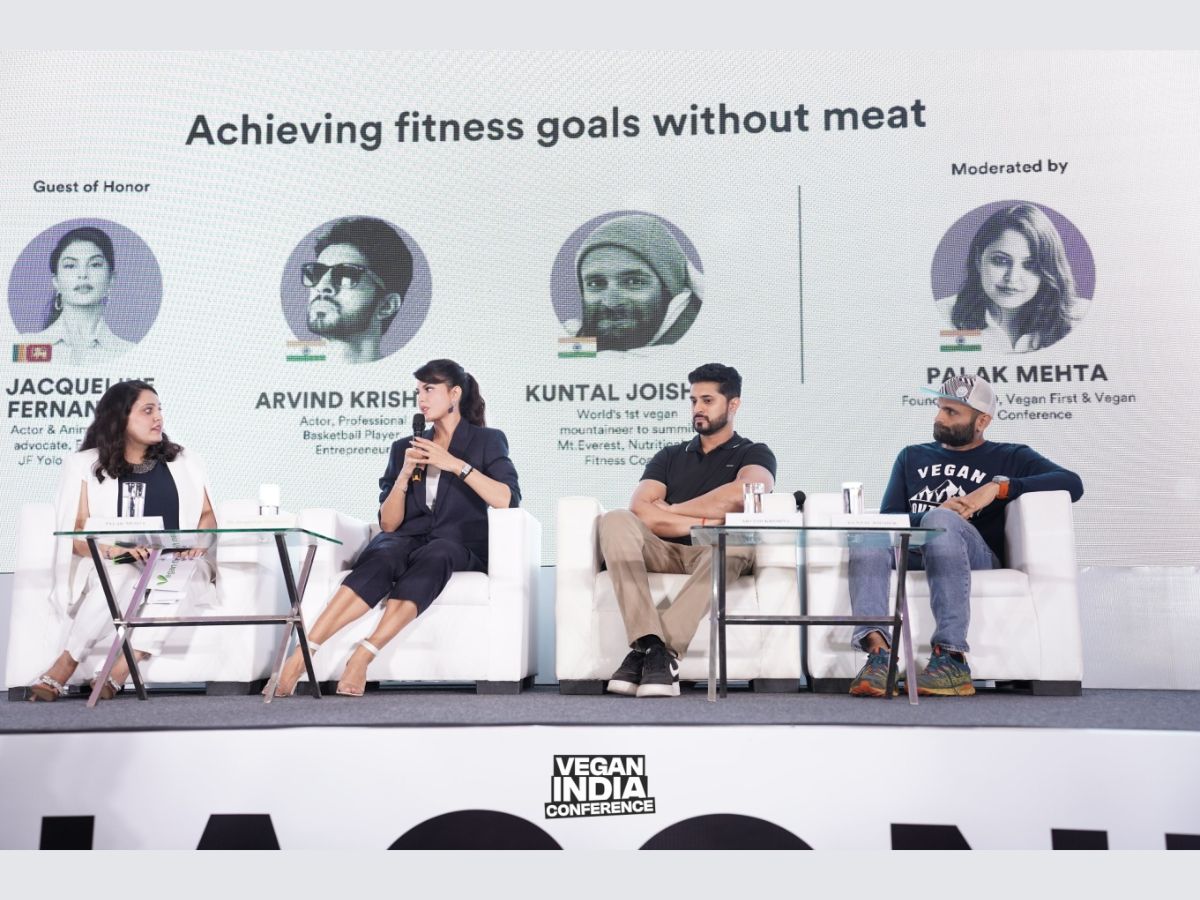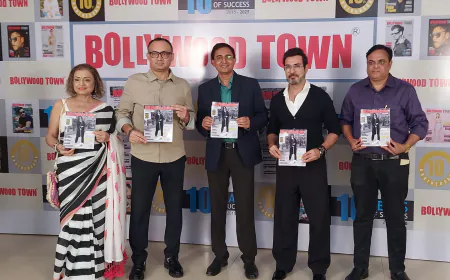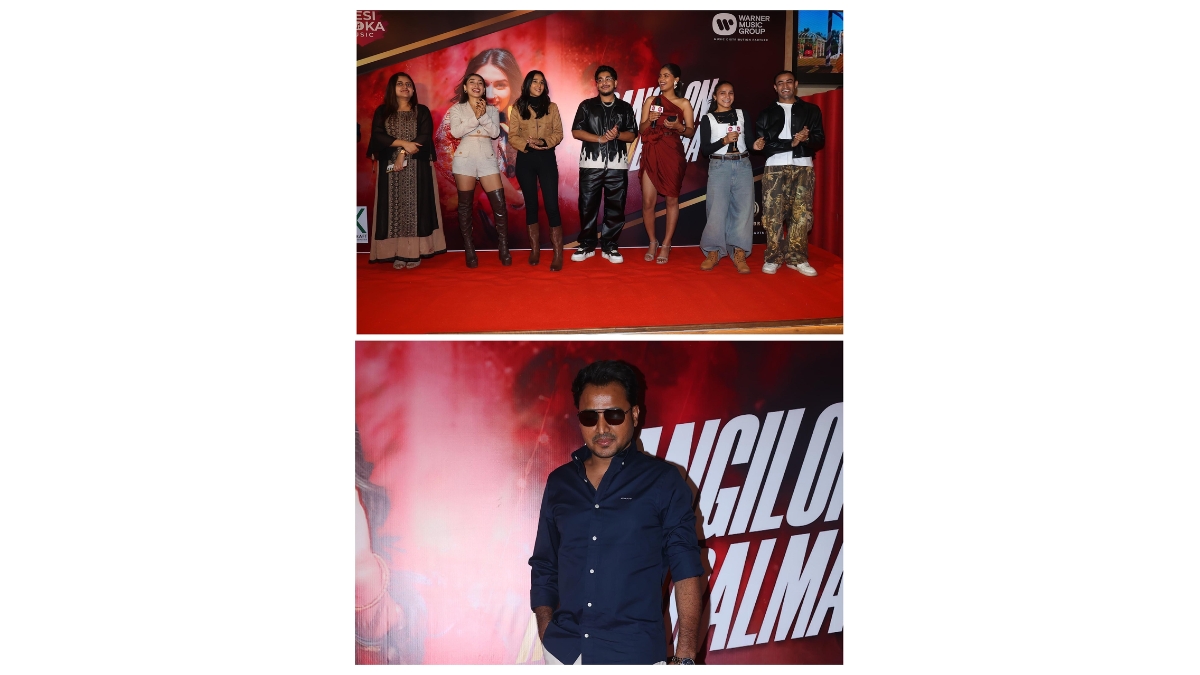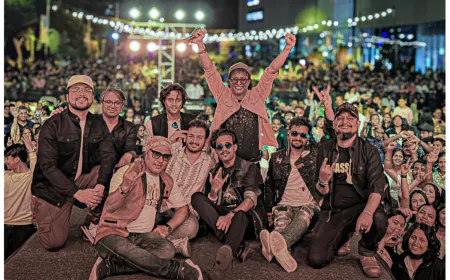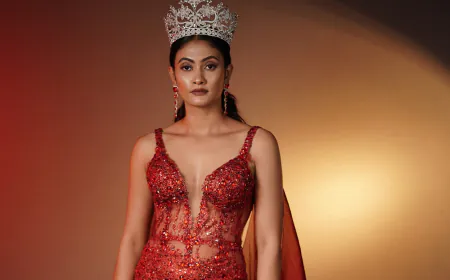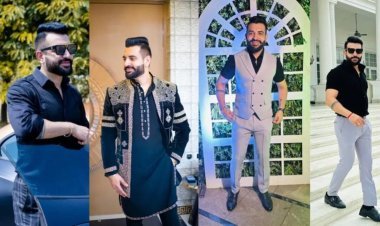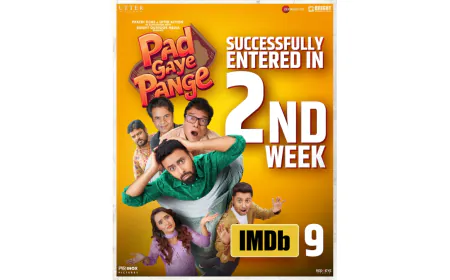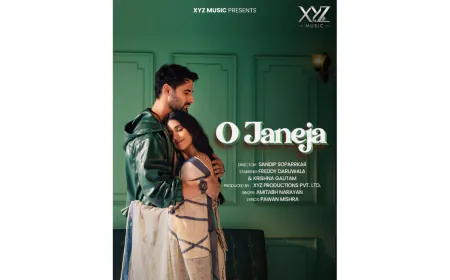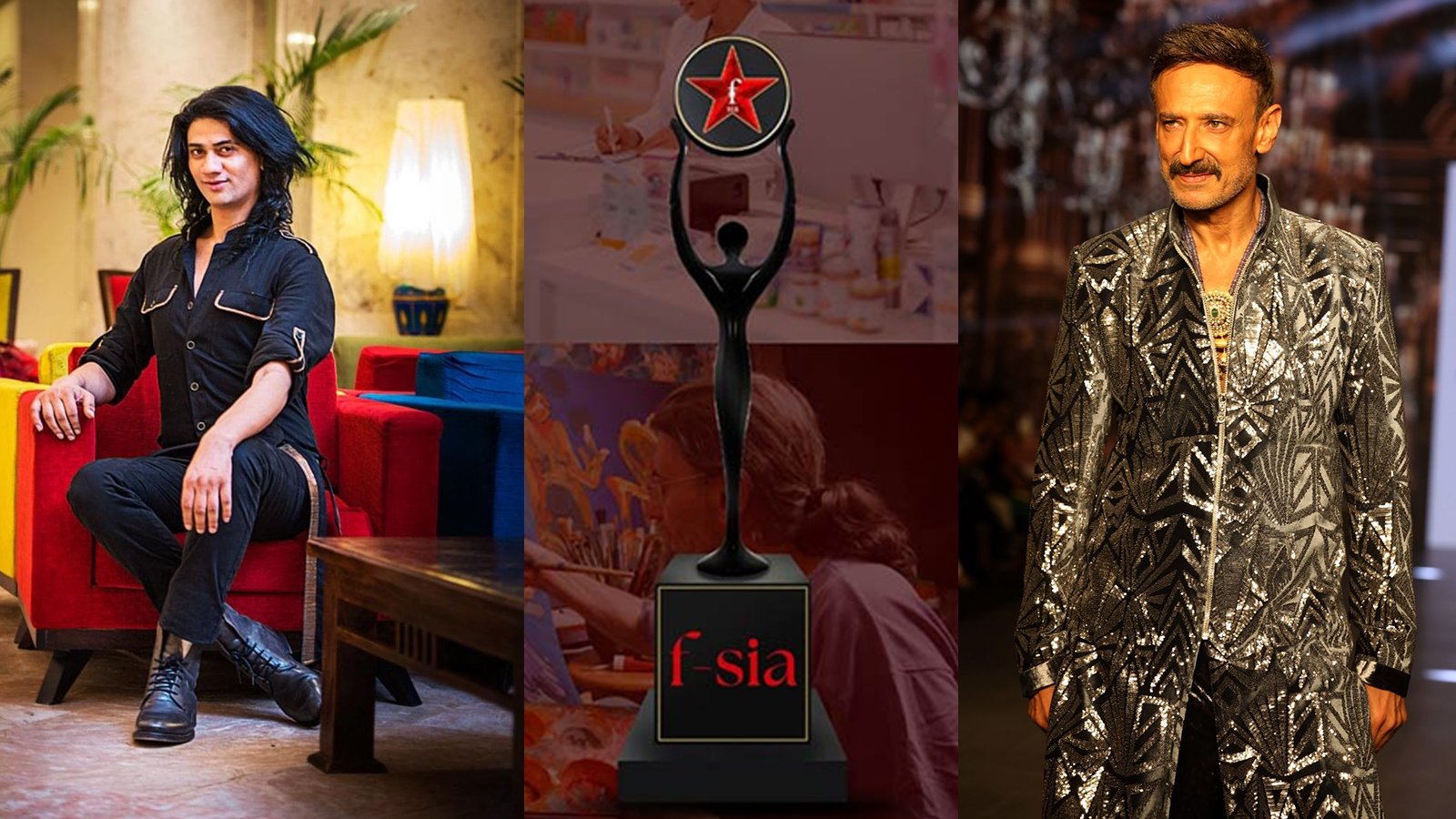Vidhu Vinod Chopra Ignites IFFI Stage with Unscripted Magic
Experience Vidhu Vinod Chopra’s candid conversation at IFFI, reflecting on his films, filmmaking style, and journey through Indian cinema history.


Mumbai (Maharashtra) [India], November 22: Vidhu Vinod Chopra walked into IFFI’s Kala Academy and turned a simple conversation into a masterclass. No filters. No pretence. Just craft, conviction, and the kind of madness that built some of India’s most iconic films.
If you’ve ever wondered what raw creative energy looks like, the Vidhu Vinod Chopra IFFI session had your answer. The celebrated filmmaker sat down with longtime collaborator and acclaimed writer Abhijat Joshi for an “Unscripted” chat that felt more like a behind-the-scenes tour through Indian cinema’s memory lane. And the focus keyword Vidhu Vinod Chopra IFFI session became more than a phrase. It became a vibe.
The afternoon opened with Dr Ajay Nagabhushan, MN, Joint Secretary (Films), honouring Chopra and Joshi, followed by producer Ravi Kottarakkara draping shawls over their shoulders. Dr Ajay called Chopra a beacon for young filmmakers. Ravi took it a notch higher, calling Parinda a “game-changer” for Indian cinema. Hard to argue with that.
A Filmmaker Who Creates From the Self
Abhijat Joshi kicked things off by diving straight into nostalgia. He recalled the crisp November morning he first met Chopra, a meeting that eventually birthed films like Lage Raho Munna Bhai and 3 Idiots. Then came the big question. Had Chopra’s style evolved from the fire of Parinda to the introspection of 12th Fail?
Chopra’s response had the room leaning in. “Every film reflects who I am at that point,” he said. “I was angry when I made Parinda. You can see that violence. Today I’m calmer.”
Look, that honesty is classic Chopra. No grand quotes. No philosophical fluff. Just truth served straight, like cutting chai at a railway platform.
He spoke about the 12th Fail being his response to the corruption he saw around him. “If I can change even 1 per cent of the bureaucracy, that’s enough,” he said. And you could almost hear the older IAS aspirants in the room exhale.
Chopra also admitted that watching the newly restored 1942: A Love Story in 8K moved him. “I couldn’t make that film today. I’m not the same person.” Growth, redefined.
Cinema Built on Conviction
Joshi then poked at what many in the industry agree on: Chopra’s stubborn loyalty to conviction. “He never cares about commercial fate. Only artistic fate,” Abhijat said. In an industry obsessed with opening-day numbers, that’s basically a cricket captain refusing to play T20 because he wants to score a Test century.
Chopra doubled down on the idea with stories from 1942: A Love Story. He described insisting on real birds for a mountain-ridge shot. The crew scattered breadcrumbs to coax the birds into place. Yesterday’s 8K restoration screening brought that moment back to him “like joy on a plate.”
Anecdotes That Had the Hall Howling
What followed was pure entertainment.
Chopra recalled writing Khamosh in a one-room flat where he’d shout dialogues and yell “cut, cut!” from the rooftop. Neighbours panicked. Someone thought he was possessed. Another thought he was rehearsing for a neighbourhood play. Meanwhile, Chopra was building his career.
Then came the Jackie Shroff story. During rehearsals, Jackie walked into the wrong flat, woke up a stunned woman, and gifted her flowers meant for the scene. “She told everyone Jackie Shroff came in her dreams,” Chopra laughed. Only Bollywood can produce stories like this without trying.
IFFI: The Music, the Madness, the Magic
No Vidhu Vinod Chopra conversation is complete without music. And when 1942: A Love Story is mentioned, R.D. Burman isn’t far behind.
Chopra revealed he fought hard to work with Burman, even though some claimed the legendary composer’s era had passed. When the initial tunes came in, Chopra rejected them bluntly. “I called it bullshit. I wanted the soul of S.D. Burman.” The crowd roared. Chopra shrugged. Classic.
Weeks later, Pancham returned with the melody that became Kuch Na Kaho. Chopra sang the tune onstage. Goosebumps. Applause. Then a cheeky grin. “This song exists because I said that one word.”
He also narrated his National Award saga. Expecting four thousand rupees in cash, he received an eight-year postal bond instead. His recreation of the argument with L.K. Advani had the hall in splits. Still, he acknowledged that Advani later supported him, including assisting him on his journey to the Oscars. That balance of hilarity and gratitude is part of what makes Chopra, Chopra.
The Voices Behind the Classics
Then the moment everyone didn’t know they needed. Kamna Chandra, the 92-year-old writer of 1942: A Love Story and Chopra’s mother-in-law, joined the stage with producer Yogesh Ishwar. Kamna shared how she crafted each line of the film’s dialogue and broke into gentle tears as she described the restored version. “I felt like I’ve done something in life,” she said. The hall softened instantly.
Yogesh discussed the painstaking 8K restoration done in Italy, frame by frame. Sound rebuilt from scratch. A cinematic rebirth. Chopra chimed in, saying the restored film finally “looks exactly like what I had imagined.”
The session wound up with a lively Q&A, though it felt like the main event had already blasted through the roof. For an hour, the audience travelled across decades of Indian cinema, from grainy film reels to pristine restorations, from angry young Vidhu to the calmer chronicler of modern India.
In the end, it wasn’t just a talk. It was a reminder of why storytellers matter. And why some of them, like Chopra, don’t just make films. They make moments.

